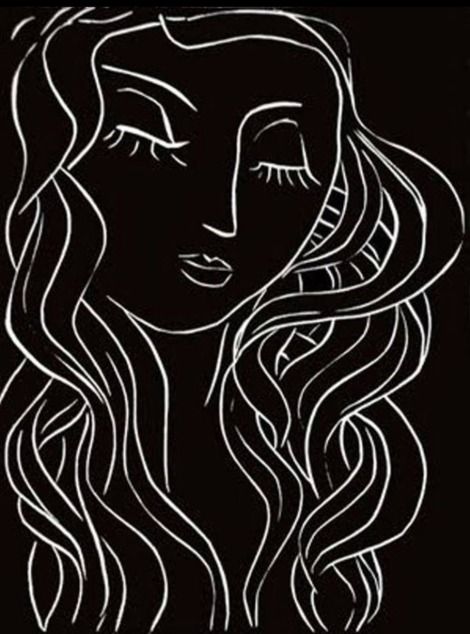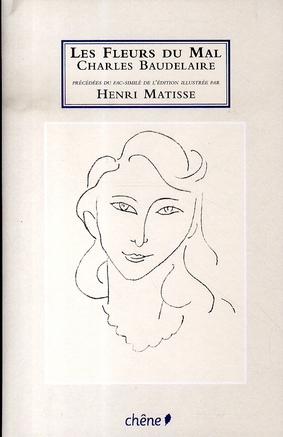Baudelaire.
Programming / to stage.
Afraid of nothing? Well, as far as I’m concerned, I’m afraid of a million things.
And afraid to start talking about Baudelaire, obviously.
Baudelaire to be adapted to stage, even more.
But being afraid of everything doesn’t mean staying a thousand years hidden in my hole.
This is therefore, well…., an attempt to put one of the greatest authors on a 21st century stage.
Of course, I could just play games that are more or less easy – but it wouldn’t have been fun. I’m saving this for when I get sick. Let’s try :
It’s so easy to say anything about The Flowers of Evil.
I can, for example, stay on the very famous: Spleen – and stun your heart and soul with Baudelaire’s icy sadness, with the height of his contempt for his own pain.
They are strange, the flowers of Baudelaire. They are beautiful with an aftertaste of all that we have of unworthy – the ultimate bad smell needed, he said, to reach perfection
Beaumarchais was a laughing and mocking eye.
Baudelaire was a lucid and hard eye, with a rather cruel laugh.
He represents the imaginary of the aristocrat. Prince of the clouds lost on a badly tied ship: what does he experience? Solitude.
The spleen and despair that make him fall without mercy.
Baudelaire has no pity on himself. He looks at himself in despair – Be wise, O my pain, and keep more silence.
He has no pity for the women who crossed his path – what did they want? an unicorn love ? a love for little girls? a lover delighted to have his meal made in the evening?
And when he invites a woman on a trip, it is to offer her the blond, waxed and quiet woods of quiet countries – but : Luxe, Calme et Volupté.
There all is order and beauty,
Luxury, peace, and pleasure.

So many images.
So many sounds
Do you see her on stage, this woman with the leg of a statue? O you whom I would have loved, O you who knew it?
Do you see the spleen fall down and extinguish the limelight?
Do you see the carrion? What a strange text – that tells us above all the despair of this man who has not found a soul to understand him.
Baudelaire, the man who first wanted the correspondences between the arts, would be the forgotten poet of the stage?
But never.
If there is to be only one, then it will be that one.
He who dreamed of sounds tuned to his words, of dances tuned to his paintings, of intoxicating smells, but yes, he is the first to have a place on stage.
And then… he is the one who taught me to love my present. My time, with all that is easy, a little ugly, a little sad, a little shabby – it’s my time, it’s the place where we are together. And if I’m not mistaken, Altair’s originality – or supreme flaw – is that it’s about inventing shows for our present, with our world, our codes, our universes that gives life to his imagination.
Would this have existed without Baudelaire?
Baudelaire is also the love of smells, seas and voluptuousness.
The ever-renewed hope of finding happiness :
Parfum exotique
Quand, les deux yeux fermés, en un soir chaud d’automne,
Je respire l’odeur de ton sein chaleureux,
Je vois se dérouler des rivages heureux
Qu’éblouissent les feux d’un soleil monotone;
Une île paresseuse où la nature donne
Des arbres singuliers et des fruits savoureux;
Des hommes dont le corps est mince et vigoureux,
Et des femmes dont l’oeil par sa franchise étonne.
Guidé par ton odeur vers de charmants climats,
Je vois un port rempli de voiles et de mâts
Encor tout fatigués par la vague marine,
Pendant que le parfum des verts tamariniers,
Qui circule dans l’air et m’enfle la narine,
Se mêle dans mon âme au chant des mariniers.
— Charles Baudelaire

Exotic Perfume
When, with both my eyes closed, on a hot autumn night,
I inhale the fragrance of your warm breast
I see happy shores spread out before me,
On which shines a dazzling and monotonous sun;
A lazy isle to which nature has given
Singular trees, savory fruits,
Men with bodies vigorous and slender,
And women in whose eyes shines a startling candor.
Guided by your fragrance to these charming countries,
I see a port filled with sails and rigging
Still utterly wearied by the waves of the sea,
While the perfume of the green tamarinds,
That permeates the air, and elates my nostrils,
Is mingled in my soul with the sailors’ chanteys.
— William Aggeler, The Flowers of Evil (Fresno, CA: Academy Library Guild, 1954)

and moreover, he gave us, the French, your great fantastic author: Poe shattered our lives, and so much the better.
Then of course Baudelaire will have his rightful place on the stage – accompanied by those who will know how to give him the music he dreamed of, those who will know how to give him the colors and shapes he loved, those who will lend him the sound of his voice.
Yes yes, I want to see that.
Featured Image & all pictures: Henri Matisse

Did you know that Matisse illustrated the Flowers of Evil? Before working with Baudelaire, I didn’t know that – okay, I’m not a well of science.
Baudelaire I love his poetry, he waged his own war on the church. He was a cynic with so many demons
LikeLiked by 1 person
🙂 Yes, he is “terrific” … The only thing I don’t know is how his words sound in English – he has worked out the melody of his lyrics in an incredible way – and I don’t have enough English in my ear to “feel” your versions – I hope they sound well and right 🙂
LikeLiked by 1 person
I actually have a copy of The Flowers of Evil, it has the original French (which I wish I Could read, for I’m sure it is more lyrical). However, the translation I feel was very good. Not all translators are good at their job. 😁
LikeLiked by 1 person
Yes, that’s right ! Some are excellent – Poe, in French, is a pure pleasure 🙂
LikeLiked by 1 person
Beautiful pics Barbara 💖
Courage is not the absence of fear, but to be able to go ahead despite the fear. Proud of you mon belle and brave niece 💖🤗💖
LikeLiked by 1 person
🙂 you’re so kind with me ! Thank you so much mon oncle 🙂 ❤
LikeLiked by 1 person
🤗💖
LikeLiked by 1 person
♥️
LikeLiked by 1 person
🙂 thank you Doree 🙂
LikeLiked by 1 person
🤗
LikeLiked by 1 person